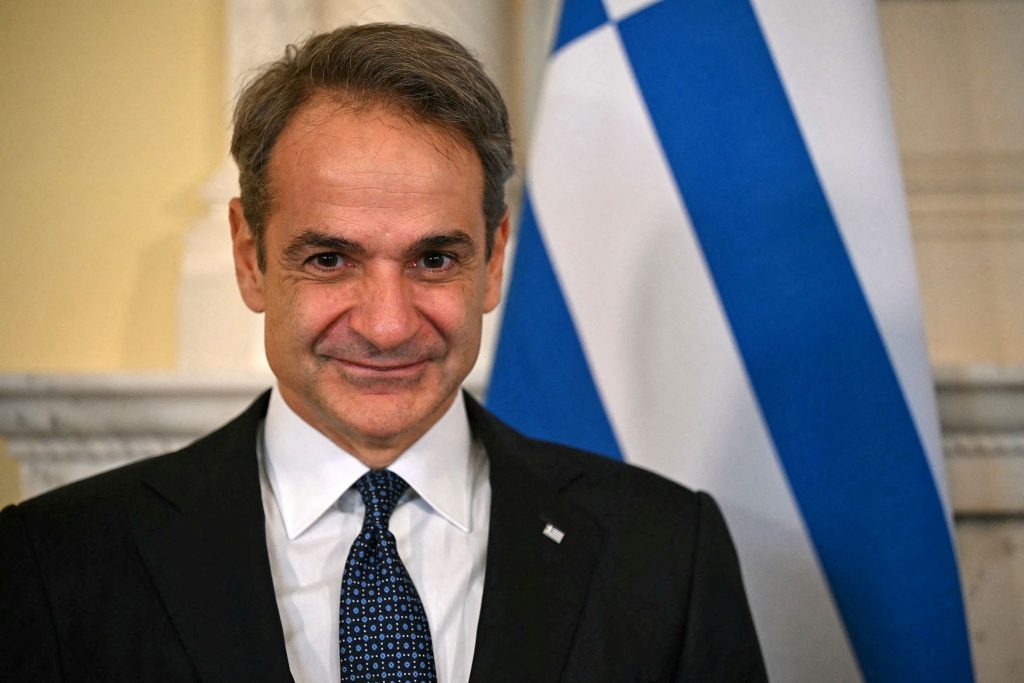The Greek Prime Minister Kyriakos Mitsotakis will chair a first meeting for the New Year at the Maximos Mansion on Tuesday Jan. 7. The focus of the meeting is expected to primarily be Mitsotakis’ proposal of a presidential candidate for the forthcoming election of the country’s head of state.
As reported, Mitsotakis is “seeking” a person who will unify and secure a strong majority vote, with the prime minister planning to reveal his intentions after Jan. 15. This is to ensure that the necessary parliamentary votes can take place in Feb.
Mitsotakis is faced with a dilemma regarding the political background of the individual he chooses to support as a presidential candidate. Selecting a candidate from within the ranks of New Democracy would further consolidate and satisfy the party’s electoral base and “blue” MPs but is unlikely to garner broad support. On the other hand, opting for a figure from the opposing camp would almost certainly secure a greater number of votes.
The 261 votes garnered by Greece’s current President, Katerina Sakellaropoulou, are considered an unattainable number under the current parliamentary composition, with government and parliamentary officials admitting that none of the potential candidates discussed in recent months can secure the 200 votes required by the Constitution for election in the first or second round.
However, beyond the individuals, the symbolism is also significant. No government wants to appear “isolated” by choosing a candidate who lacks broad support, a consideration that Mitsotakis takes very seriously.
The fact that the major opposition party PASOK has not proposed a candidate, despite its leader Nikos Androulakis stating that the nominee should come from the Center-Left, has, according to many observers, directed the attention of Mitsotakis’ team toward this option.
In doing so, the prime minister would demonstrate in practice what he himself has called for: consensus on major issues.
According to sources at the top of a short list of potential candidates, who could secure a wide consensus, is Evangelos Venizelos. Venizelos a candidate from the Center-Left, who served as Deputy Prime Minister of Greece in three governments, held multiple ministerial positions, and was also the President of PASOK, could at least secure PASOK’s vote, ensuring election with the necessary 180 votes from the third round.
Supporters of this candidacy argue that Venizelos’ competence and experience will not be questioned, while they also point out that recent surveys indicate his cross-party acceptance among the public.
However, those close to the prime minister advise against jumping to hasty conclusions regarding his decision on the presidential candidate, suggesting that his final choice may remain entirely absent from the public discourse until the moment of announcement.




